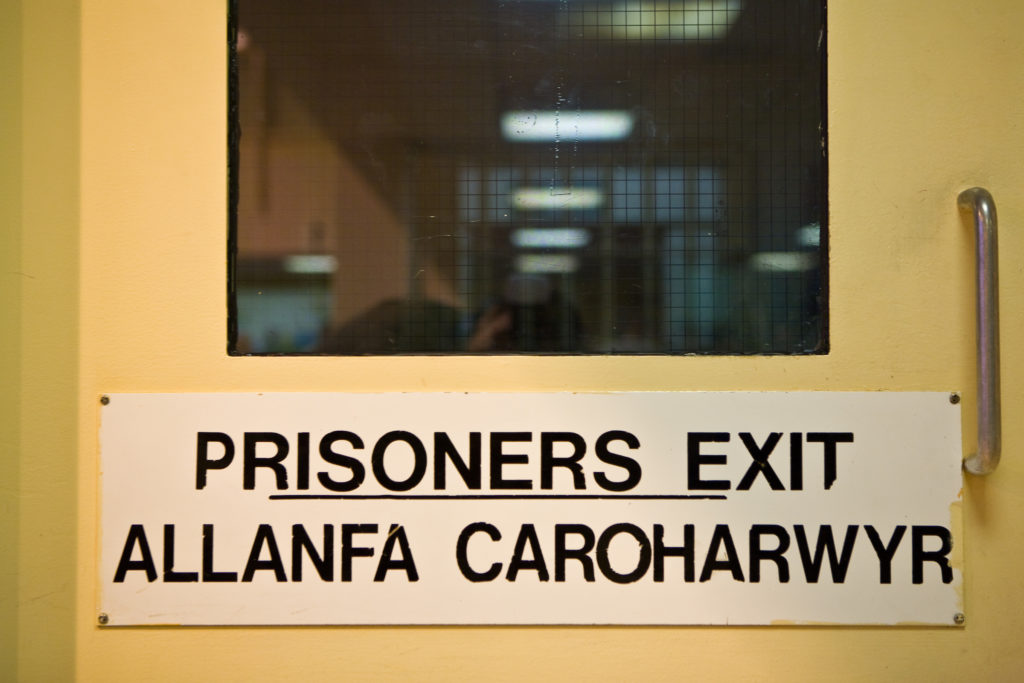New legislation on prison sentencing aims to tackle prison capacity crisis but will not curb the inflation of sentence lengths which has occurred under successive governments.
The bill has been presented as an ‘ambitious package of reforms’ to put the criminal justice system on ‘a more sustainable footing’. The impetus of the bill, a result of the sentencing review by former Conservative Justice Secretary David Gauke, was to tackle the skyrocketing prison population, which has doubled since 1993.
The 90-page bill, introduced on 2 September, has been criticised for its complexity. Writing in the Law Society Gazette, Dr Laura Janes KC said: ‘A significant number of the Gauke proposals have not been included or have been significantly varied. Most of the new measures include carve outs and exceptions that will require individuals and their lawyers to take a great deal of care, time and attention to understand them.’
The legislation will introduce a presumption against the use of short sentences of under 12 months, allow the deferral of 12 month (as well as 6 month) sentences, and enable suspended sentences to be used when a prison term of up to three (rather than two) years might be imposed. However, a significant number of caveats and conditions undermine the impact that these provisions could have.
Thousands more offenders will be tagged and subject to curfews, rather than receiving a prison sentence, though the government assures ‘dangerous offenders will continue to be locked up for a long time’.
The bill also introduces a ‘progression model’, which will see more prisoners released early for good behaviour, and remaining behind bars for bad. Critics suggest this will be difficult to implement in practice, especially if release decisions were to be made by prison officers. It isn’t made clear how these decisions could be made fairly and without discrimination, and considering the current crisis in staff retention.
Laura Janes also expressed concern that, due to the desire to deal with the prison capacity crisis in the adult estate, children are excluded from the opportunity to benefit from earlier release and will spend longer in custody than adults serving equivalent sentences.
Responding to the bill, the Howard League for Penal Reform said: ‘Complex legislation can carry unintended consequences. We are concerned that the government’s proposals for earned release could be difficult to deliver at a time when prison regimes are impoverished and, consequently, drugs and violence are rife. We do not want to see people set up to fail and spending longer than necessary behind bars.
‘Similarly, the government risks setting people up to fail if probation does not receive the investment it needs to work effectively and responsively in the community. There is now an opportunity for Parliament to scrutinise these proposals and ensure they are as constructive as possible.’








